
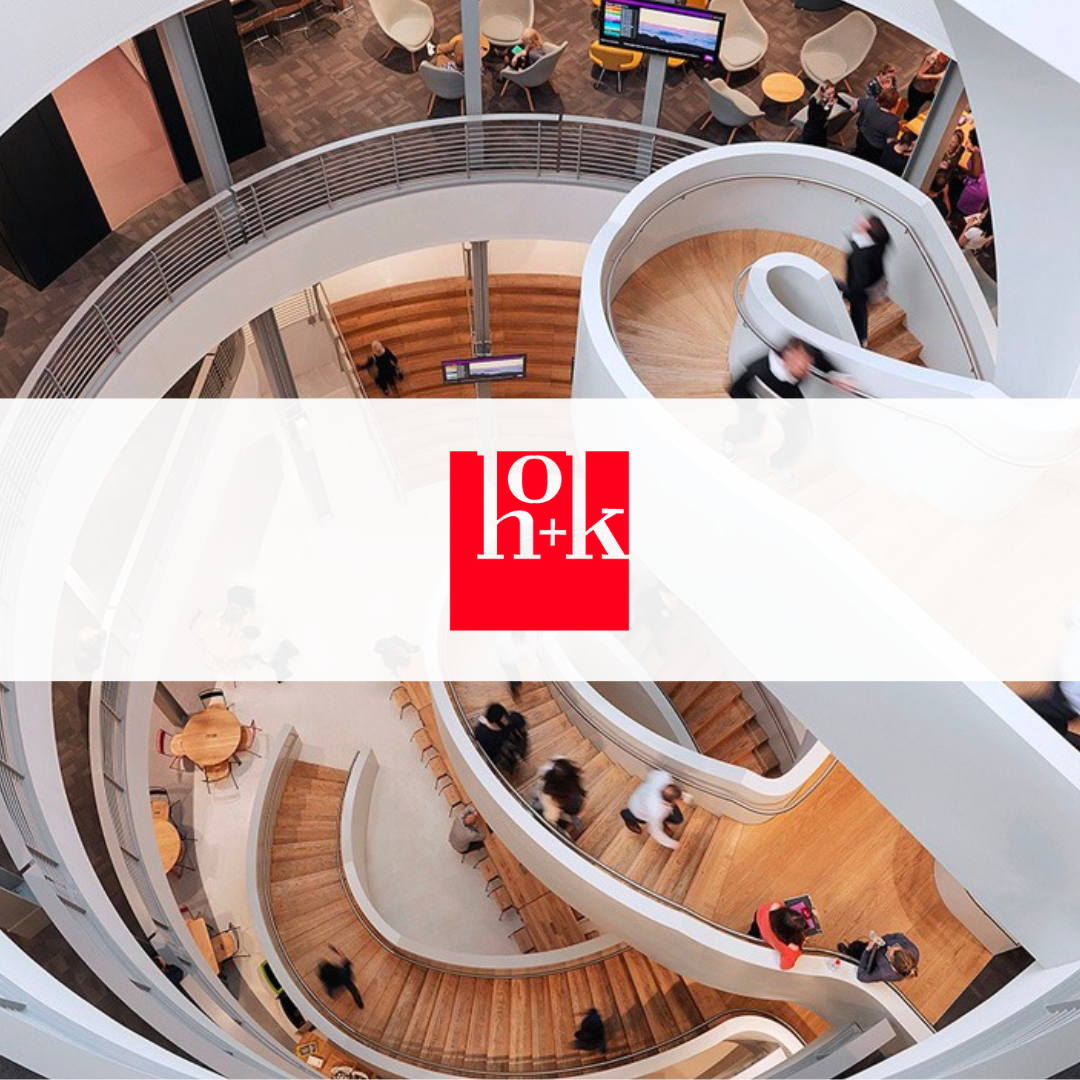
Opinion article by Alia Centofanti, Director of Design, Interiors, HOK.
AI is the impossible to ignore zeitgeist of the now. As a design curator and sci-fi nerd, my strong belief is that, for all of us humans, we must face the black hole that AI represents. Thrusters turned to full, as we map out the myriad of impacts it will have. As a hospitality designer, in the creation of a stage set of ideas made real, one must curate the implicit connection between Hotel brand, identity and customer, to generate a successful destination. A place to eat, sleep and stay. AI has the ability to fuse this ideation process with user loyalty. Consequently, Hotel brands/developers/operators, are all joined in the common goal of cognisance of the reverberations AI will have on the industry. In the words of R. Buckminster Fuller ‘countering that spontaneous grownup trend to narrowness I will do my, hopefully “childish,” best to confront as many of our problems as possible by employing the longest-distance thinking of which I am capable’ (1) as I tackle the subject matter of the age of AI, hospitality and design.
AI as a technology, adapts and learns with natural language processing, which allows it to make decisions on its own terms, without the need for humans to intervene. For Hoteliers it is used by building on brand loyalty through preference analyses, improving systems and customer experiences or providing recommendations, using predictive technology to forecast use, requirements and revenue forecasting. AI is reshaping how hoteliers assess their assets, create smarter buildings and augment transactions with customers. All while, evolving design and concept generation for both Client and designer, at warp speed. Materially changing how customers view Hotel locations and destinations. Hilton by example has implemented AI powered virtual assistant Connie at their arrival points and within their in room experience, while also using AI to assist in data analysis to ensure customer satisfaction and retention.
Within the real estate industry chatbots are handling tenant questions, floorplans and design ideologies to generate reports, this is a fledgling industry that is growing at an exponential pace. There are clear benefits of insight gathered from the intelligent extraction of the sheer quantum of data available, which, simultaneously reduces the complexity and allows trans global/lingual communication to operate at greater speeds than ever before. (2)
As designers such data collection and analysis could help to shape how we deliver projects, create efficient general arrangements and provide useful forecasting on key counts, room matrices targeting trends on user groups. As a tool it has the potential to assist in the creative process by making the once convoluted, simple, leaving designers free to think, generate and ideate, with a greater technological vocabulary available. Architects and designers are using AI with programs such as Midjourney to shape volumes, speed up 3D visions and variations and assessments of schemes. Where normally it would take weeks, such processes are now taking a matter of hours. This allows for a greater quantity of optioneering, flexibility, stakeholder engagement, performance criteria analyses during initial stages. In some cases in ways never achieved before, allowing a sense of confidence to what is being presented. With this ‘brave new world’ of AI one can dream and curate multiple design identities and ideologies, layer in wind, climate, sustainable methodologies, influencing building techniques, business cases, while identifying problems and risks in real time.
Perhaps the use of AI will create a renaissance of design regeneration where we all revert back to pen and paper, or AI becomes our new pen with an ever evolving toolkit. In collaboration with Open AI’s such as DALL-E 2 the evolution of data capturing will mean that our design narratives can be more nuanced and highly innovative, while speeding up decision making both internally and externally. Thus AI creates change, a revolutionary movement of designers as artists, while we author, curate, and evaluate.
Rebalancing the scales, with the evidentiary positive impacts to AI, there is the inevitability of the negative if such intelligence goes unchecked. AI has no ethics, it doesn’t take responsibility for its actions, it doesn’t feel shame, it has no moral compass. This kind of lack of empathy, alienation and questionable motivations that has many industries and individuals worried about the impact AI will have on the world we live in.
As a designer and an avid user of technology, I have always maintained that it needs to be seen as a tool rather than letting it drive the creative process or dictate my thought journey, where one inevitably can become constrained by its lack of imagination. With AI however this constraint is less limiting, technology is doing the heavy lifting, the thinking for you, but is this truly a benefit? To paraphrase science fiction author Philip K Dick, are we being sold a product that we actually want and need? Are the predictions and directions AI gives us entirely valid? Or are we being hampered and blinkered. As powerful as AI is, it doesn’t speak the language of the random and the real. It is not human, it is driven by data not emotion. In designing and creating the journey of Hotel spaces, capturing and curating moments of joy and elegant touchpoints for the user is integral to a successful and optimal environment. This stems from the alchemy of moments of delight fused with the warm embrace of timeless quality. There is no doubt that AI will be incredibly useful as a tool, freeing one’s creative outlet, however, as a design predictor, generator or dictator it needs monitoring and governing by us humans.
‘The tyranny of an object…it doesn’t know I exist.’ Philip K. Dick (3)
For the Hotel industry as intelligent as AI is, it’s predictive use of data doesn’t mean it will generate the targeted emotional response for the customer. With human beings there are no guarantees. Either as influencers or the influenced, people are not constant, they change direction, they change their minds. We are fickle, illogical, contrary and emotional, we are Human, animals; organic intelligent beings. If as users we are following a pathway dictated by algorithms, rather than the path less trodden, will this be a beneficial constraint or limiting? My favourite journeys and experiences have ever been off path, whether inside a Hotel or in the surrounding city or landscape, finding beauty in the hidden, unusual and overlooked. Also there is the question as to the veracity of the data being used. We have all experienced the skewed views exhibited across various ‘truth’ platforms within political and cultural rhetoric, where facts become fiction and fiction is turned to a belief of fact. Will AI know the difference within its echo chamber of data? Will the collective databases of information distance us from our reality? Or with a multiverse of simulations bombarding us, will we seek out the real to distance ourselves from the nonsense of a world viewed through the looking glass of AI.
In a time where sustainability, wellbeing and authenticity are key tenets, particularly in the Hospitality sector, is AI really the right solution, or is it an answer that creates more problems to solve. For every person that loves the new, the technological advances and a world supposedly made easier, with AI chatbots decision making by example, there are those across generations choosing to displace themselves from technology, primarily for their own wellbeing.
Many senior Facebook and Google employees in their 30s are deliberately distancing themselves from technology, particularly relevant where they are the last generation to remember a time without it, ‘sending their children to elite Silicon Valley schools where iPhones, iPads and even laptops are banned…[ensuring to] never get high on your own supply.’ (4) With AI, the boundaries that will be crossed haven’t even been categorized, let alone the potential addictive tendencies that will ensue from its use. The key is in the word ‘artificial’, not everyone appreciates this level of interaction, especially in a world that talks to hypersensitivity and inclusivity, we are not all the same. We are not all logical or scientific. We are all wired to make emotional decisions, where AI is not apparently subtle enough and intricate enough to replicate the web of neurons that govern our thinking processes.
‘[AI] lacks the human capacity for actual intelligence when it comes to being able to draw conclusions from available data and make wise choices…is incapable of thinking critically or developing new theories based on original insights. Nor can it empathize, which is a major consideration when it comes to customer service, and one that will ensure human involvement remains a key factor in the hospitality industry. AI is not a substitute for human interaction’ (5)
Much like HOK’s thought leadership on Neurodiversity, when designing spaces, we need to consider everyone. When designing Hotels, if developers skew too far into the AI technological support chains, will they lose the branch of customers that value human to human interaction and less of a ‘smart’ environment. What I have seen evolving in the Hospitality market is a greater variety of boutique brands that cater to this more human to human approach and offer a more personal experience, a home away from home, with simple intuitive tech insertions and processes (keys, switches, plugs etc.). For me, technology is marvellous when it is assisting you but not when it is making decisions for you or is so incomprehensible it can feel overwhelming. I want to be able to make the decision myself, for things to function simply and honestly, whether as a hotel designer or as a hotel guest.
‘Human beings are tribal animals, you know. They need lots of contact.’ Ernest Callenbach (6)
Technology is of course only useful when it is effective, it is not error free even with the current systems, operationally the people free reception environments aren’t foolproof. Within typical Hotel operations one can easily play out the probabilities of an AI system making mistakes on a much larger scale compared to average mistakes made by a human Hotel team. Safety protocols, and decision making that a human would simply override, whereas AI wouldn’t understand the real impacts to being locked in one’s environment without a means of escape. The efficiencies made by AI may mean that Hotel employees roles are simply displaced to a role where they are managing the impact of AI decision making, whether good, bad or potentially ugly.
The wider impact AI will have on growth and employment is acknowledged across industries. However, for all the benefits AI offers there is also a very human impact where AI may affect employment throughout the industry whether operationally or design and architecture. Where AI is used as a design generator rather than a tool, creating an existential risk and the potentiality for a seismic shift in the built environments we all interact with and inhabit.
Both RIBA and AIA bodies are exploring the very real impacts of AI on the design industry and the inherent risks, while reinforcing the remaining requirements for ‘stability, reliability and functionality’ where ‘you can’t substitute the expertise of an architect.’ (7) Well known architectural practices are concerned that the biggest threat from AI will be around breaches of data and cyber security, where such may not be secure if passed on to third parties by AI technology, hence many calling for regulation, U.S. president Biden included. (8) Microsoft president Brad Smith commented in 2021 “expect an Orwellian future if laws to protect the public aren’t enacted soon.” (9) We are all so used to being monitored and our data being harvested, we have become numb to the impact and conditioned to it, AI has the ability to reshape and influence our engagement and behaviours in the name of optimization while simultaneously overstepping privacy boundaries. (10)
“People..[are] so conditioned that they practically can’t help behaving as they ought to behave.” (11)
In the bleakest of views on AI, Amy Webb, quantitative futurist, in her book titled ‘the Big Nine’ takes the view that AI and the companies that are driving its’ intelligence may not have our shared moral compass and ethics. There is no framework, no regulations in place, no governance. Her book talks to the control we think we have around AI being an illusion, the data we provide and that powers AI not necessarily being used for the greater good as such. As Amy Webb frames it ‘AI will, by design, begin to behave unpredictably, thinking and acting in ways which defy human logic.’ (12) Thought leaders such as Google’s DeepMind see AI as an existential threat, one akin to how humanity might tackle a pandemic or nuclear war.
As we navigate all the various views on AI, there is no doubt that one must understand and confront and be made aware of its potential for both the positive and the negative, much like all new technological advancements. AI is here, it will evolve. In the creation of design and ideas we will need to harness and curate its data, where true great ideas for us humans are more like dreaming. We must accept and adapt, set new boundaries, to ensure we are managing our future with AI.
‘when you build a thing you cannot merely build that thing in isolation, but must also repair the world around it and within it, so that the larger world…becomes more coherent and more whole; and that thing which you make takes its place in the web of nature as you make it.’
A pattern Language Christopher Alexander. (13)
We will still need to inhabit and investigate, and we as non-artificial intelligent beings will still have the ability to look at and feel the world we live in. Design innovation for me rarely comes from staring at a computer screen or gathering data, rather when wandering in the urban or natural environment and the brain is allowed to meander and has that moment of clarity, the puzzle or pattern click where one sees the solution. AI is not yet capable of having such emotions, the ability to see, to taste, to touch, AI is bound by its own technological environment. For now it is our sensitivity and sensibility to our natural environment that differentiates us, and for that I am grateful as we navigate this new frontier.
(1) R. Buckminster Fuller, Operating Manual for Spaceship Earth 1969
(2) AI in Hospitality: The Impact of Artificial Intelligence on the Hotel Industry (hoteltechreport.com)
Artificial intelligence – implications for real estate | JLL Research
(3) Do Androids Dream of Electric Sheep, Philip K Dick 1968
(4) https://www.theguardian.com/technology/2017/oct/05/smartphone-addiction-silicon-valley-dystopia
(5) Is artificial intelligence the future of the hospitality industry? (pressreader.com)
(6) Ecotopia, Ernest Callenbach 1975
(7) https://www.dezeen.com/2023/08/15/architecture-bodies-ai-issues-riba-aia-aitopia/
(8) The first AI-generated buildings have already been built. Adam Bloodworth hears how it’s a hot topic at this month’s London Design Festival
(9) Microsoft President Brad Smith Live Science 7 Jun 2021
(10) Smart Technologies and how they create the reality feared by Orwell and Huxley Manh-Tung Ho & Peter Mantello AI & Society 20 April 2023
(11) Brave New World, Aldous Huxley 1932
(12) https://ig.ft.com/sites/business-book-award/books/2019/longlist/the-big-nine-by-amy-webb/
(13) A Pattern Language, Christopher Alexander 1977
Join our community of 200,000+ real estate leaders and get weekly insights and updates with our newsletter.

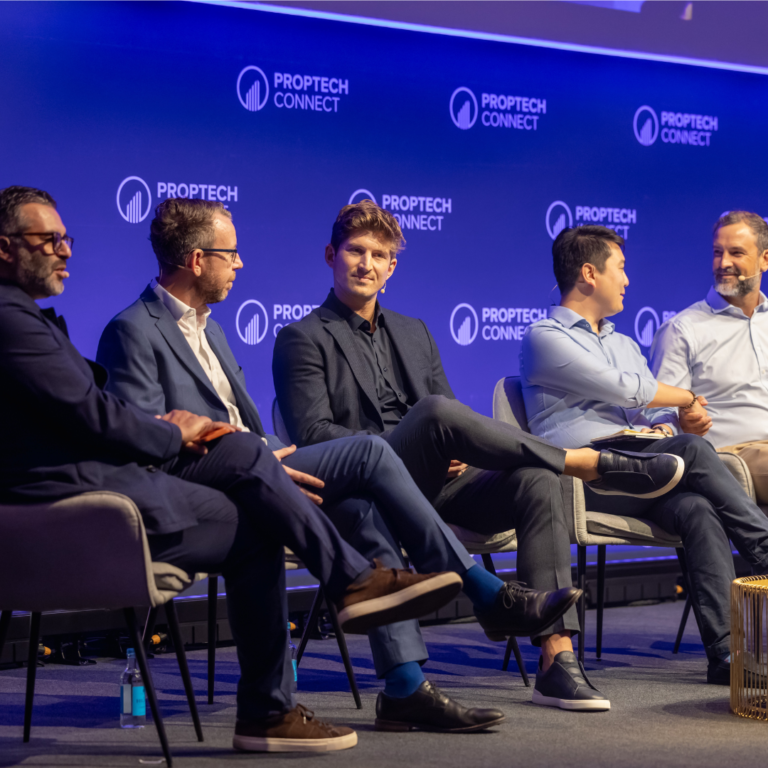

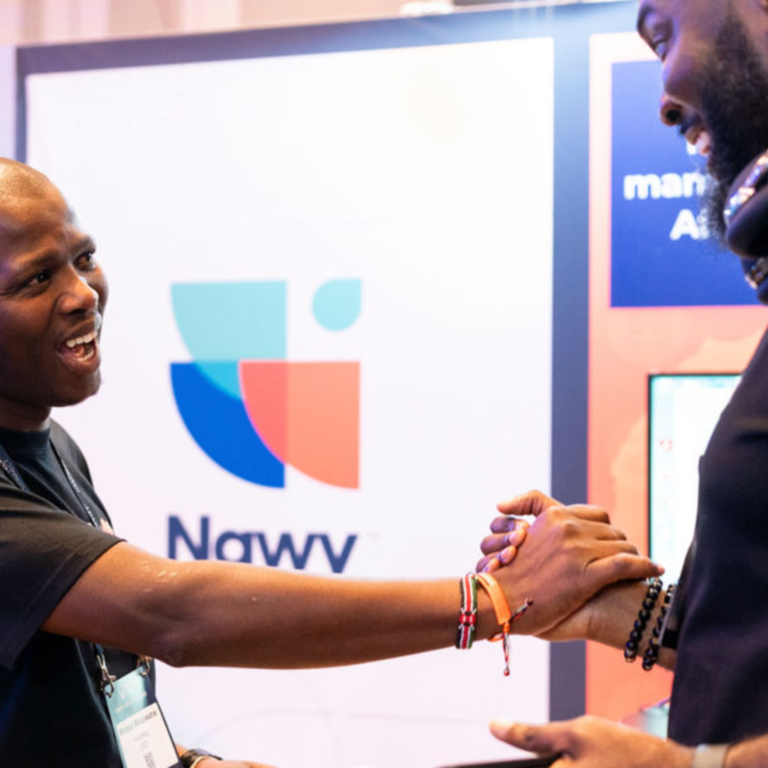
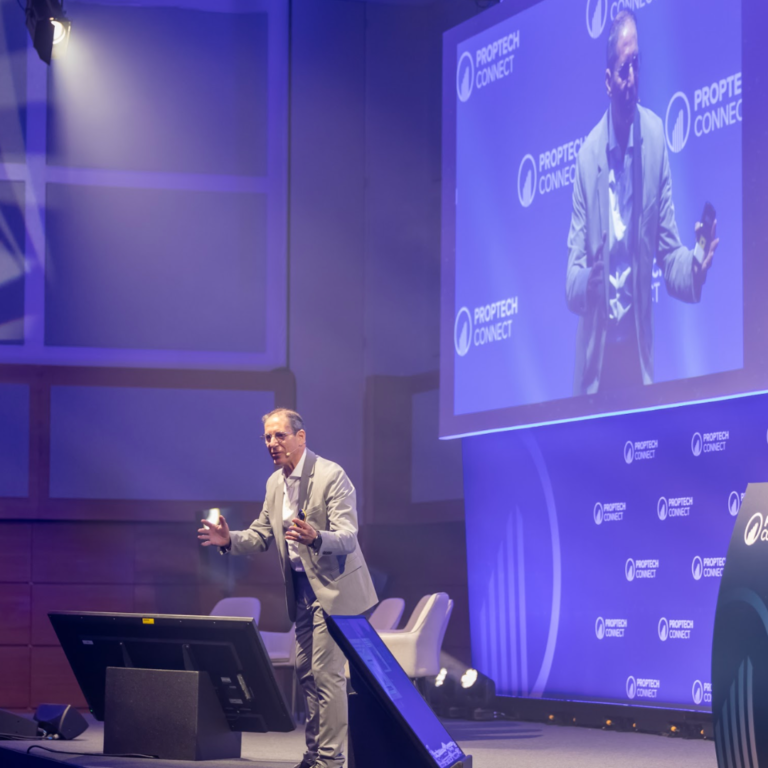
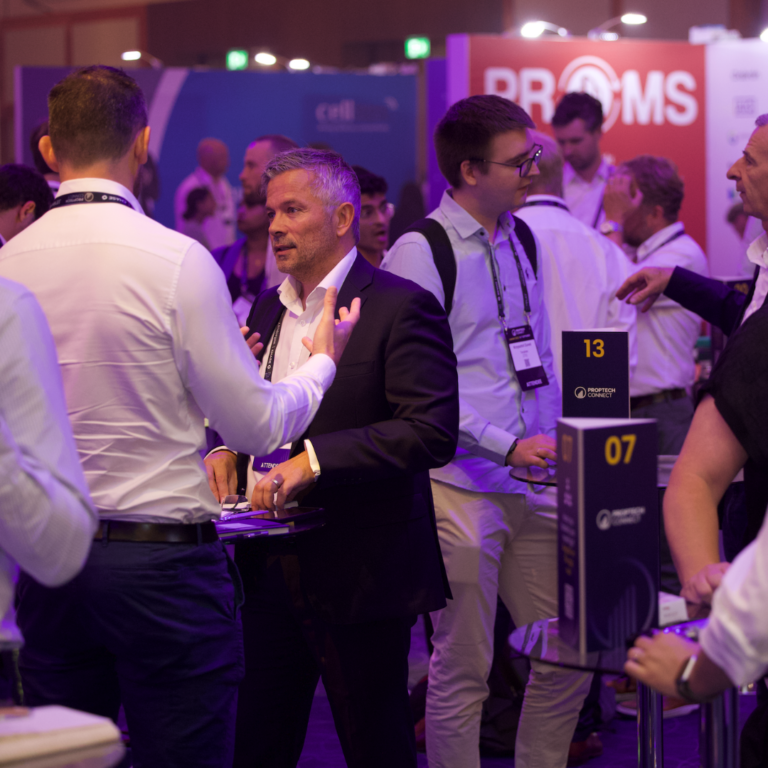

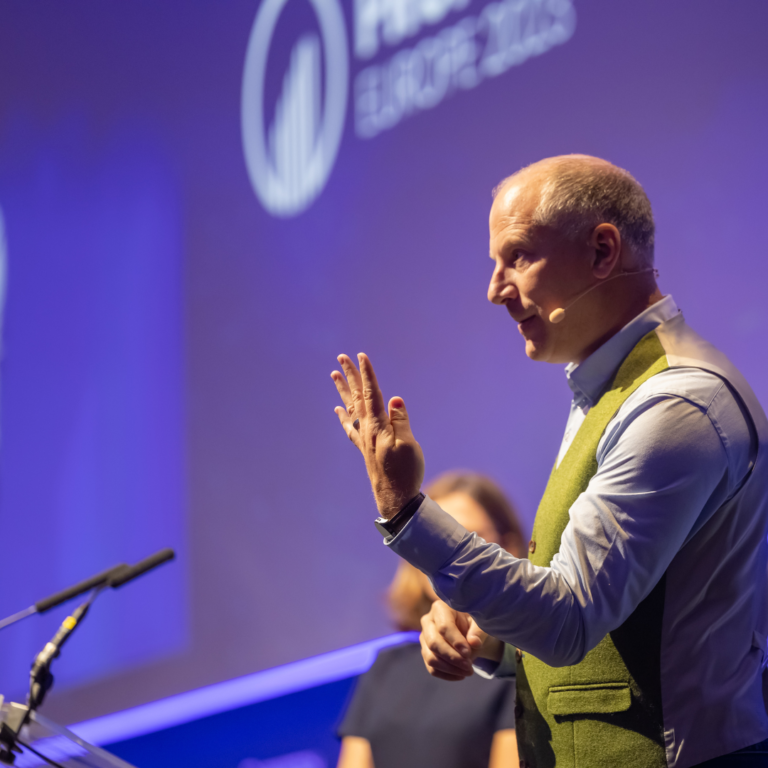

*Offer ends on Friday, 7th February.
